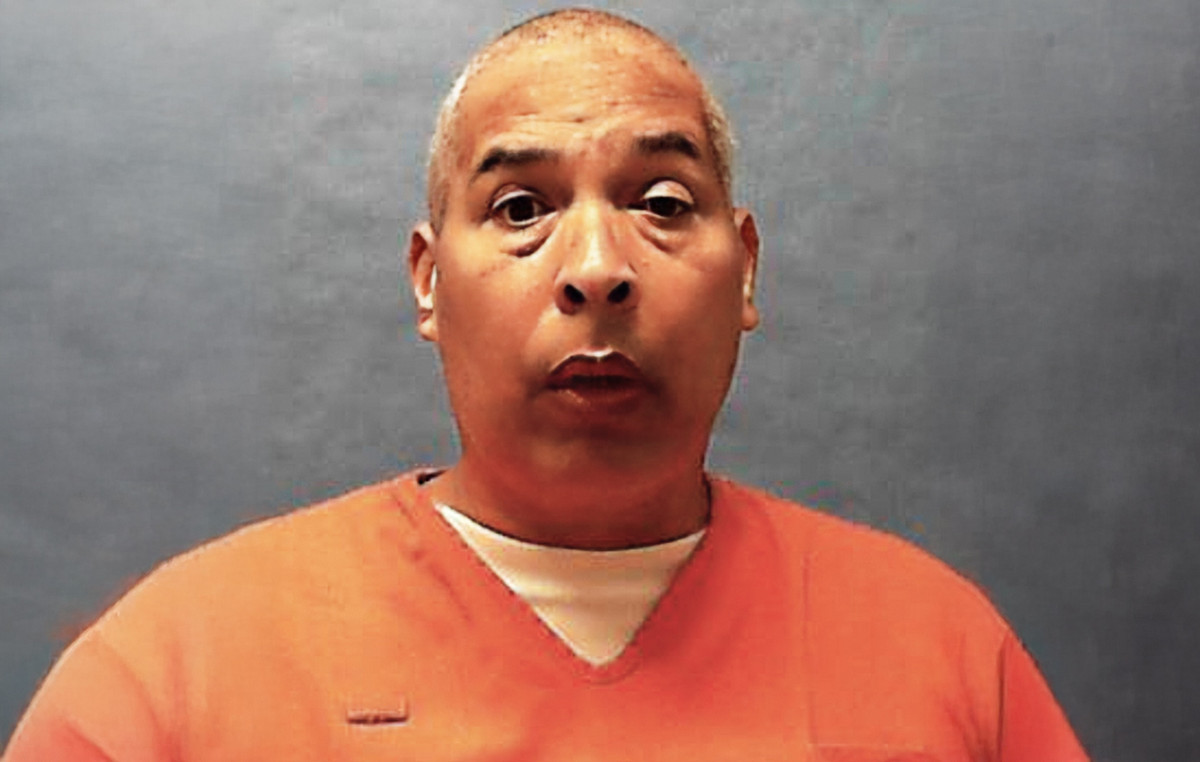The veto on the extension of sanitation contracts closed without a bidding process is undergoing a test of fire. The alert was triggered by the movement of the Paraná Sanitation Company (Sanepar), which announced plans to extend its contracts for the provision of water and sewage services in municipalities in Paraná until 2048.
With shares traded on the stock exchange, Sanepar has 60% of its capital in the hands of the state of Paraná. The proposal to extend the contracts was put up for public consultation at the end of November, and worried members of the federal government, who see the risk of cheating the new sanitation framework. The state-owned company claims that the Paraná model “strictly follows” the law and public policy guidelines provided for in state legislation.
In force since July 2020, the new framework provides for greater participation by the private sector in the sector. For this, the law determines that city halls can only hire companies to provide this activity through public tender. Until then, municipalities could sign contracts directly with state sanitation companies. The extension of current contracts was also prohibited.
The current service framework, dominated by public companies, shows the lack of investments in the sector. About 16% of the country’s population does not have a supply of drinking water and almost half are not served with a sewage system. Due to this scenario, the law determines that, in order to maintain their contracts, state-owned companies needed to prove their economic and financial capacity to meet the universalization targets.
They are: to serve 99% of the population with drinking water and 90% with sewage collection and treatment by December 31, 2033. These targets must be included in the contracts by March of the next year, otherwise they will become invalid.
Legal gap
It is within this adjustment process that Sanepar intends to extend the validity of its contracts. When the framework was approved, Congress allowed the renewal of contracts closed without a bidding process for another 30 years, but the rule was vetoed by President Jair Bolsonaro – a decision later upheld by lawmakers.
Discussions around the topic generated great controversy at the time, as governors, responsible for the state-owned companies, pressured parliamentarians to resume the survival of these businesses.
Paraná bet on a legal argument to assert that it is not breaking the law by adopting the extension. The justification given is that the inclusion of universalization targets would result in an economic and financial imbalance in the business, which would need to be compensated in some way.
There are several alternatives provided for by law to restore the balance of contracts, but the allegation is that the extension would be the only possible solution in this situation. The estimated tariff impact with the inclusion of the targets, argues the state government, would be “incompatible” with the users’ ability to pay.
The state company even ordered a legal opinion on the subject. In it, lawyers for Manesco Ramires Perez Azevedo Marques claim that the extension of time for rebalancing contracts is different from “discretionary extension”.
Only this one, according to them, would be prohibited. “In the present case, the extension of the term is a requirement both of the principle of reasonable tariffs and of the constitutional principle of isonomy, in cases between users who have regionalized services”, they state.
Government experts say that distinction does not exist. For them, there would also be a kind of reversal of burdens in the situation. The framework requires companies to prove that they have the necessary resources to make the necessary investments and meet the universalization targets. Otherwise, the contract is terminated. But the extension of deadlines goes the opposite way: it gives the company more beneficial conditions to achieve this purpose.
There is also fear that the extension thesis will be used by more sanitation companies, adding to other offensives against the framework that are already underway.
‘Studies’
When contacted, Sanepar stated that the entire process of drafting state legislation was extensively discussed with society in public consultations and hearings. According to the company, the extension of the term of the contracts until the year 2048 considered the year of end of the contract in Curitiba, “which represents a significant percentage of the company’s revenue”. “Without which the entire regionalized service would be compromised. Everything is supported by studies and technical notes that are available on the website”, said Sanepar.
The regionalization of sanitation in the State, another pillar of the legal framework, took place with the creation of three micro-regions. It is with them that Sanepar’s contracts will be agreed upon, since, according to the rules of law, micro-regions will have ownership of water and sewage services. Currently, the state-owned company is responsible for serving 346 municipalities. Twelve contracts have expired, two expire in 2021, 51 are valid from 2022 to 2030 and 281 expire after 2030.
Questioned by the report about Sanepar’s proposal, the Ministry of Economy said that the matter is still under discussion and that, therefore, it will not comment.
Contestation
The attacks against the sanitation framework
– Deadlines: State-owned companies are pushing to extend the deadline for the inclusion of universalization targets in current contracts. Per the text of the milestone, this needs to be done by March 2022.
– In court: Public companies also seek to extend the deadline for proving the economic-financial capacity of their contracts. A lawsuit was filed with the Supreme Court.
– Bidding: Another maneuver involves defending a thesis to dispense with the obligation to bid. Those who regionalized services through micro-regions share responsibility for activities with city halls. This shared ownership fostered the theory that the region could close contracts directly with the state company, without the need for public competition.
Reference: CNN Brasil
I am Sophia william, author of World Stock Market. I have a degree in journalism from the University of Missouri and I have worked as a reporter for several news websites. I have a passion for writing and informing people about the latest news and events happening in the world. I strive to be accurate and unbiased in my reporting, and I hope to provide readers with valuable information that they can use to make informed decisions.







